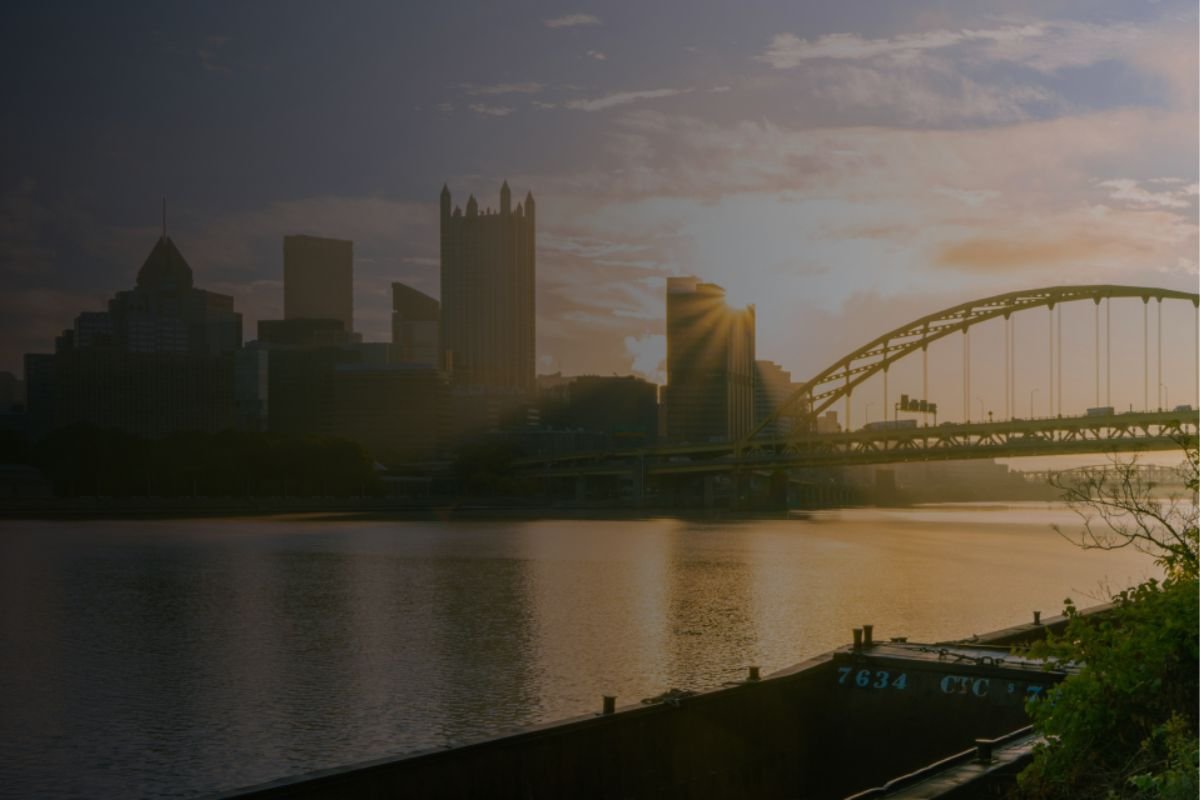As People’s Climate Innovation Center’s Radiah Shabazz Harold and Nyasha Harris observe, “Communities of color—Black and Indigenous communities, in particular—experience disproportionate impacts from climate change despite contributing the least to the ongoing crisis.”
This issue of Nonprofit Quarterly Magazine brings you the voices of young climate justice leaders around the world, the majority identifying as members of BIPOC and LGBTQIA+ communities. Conceived by NPQ’s senior climate justice editor, Alison Stine, this edition is written entirely by climate justice thinkers, activists, and practitioners between the ages of 21 and 34, and includes voices of youth under 18—offering new direction, vision, and hope for the climate justice movement overall.
“Black children have been brought up in a system that perpetuates a predominantly White, heteronormative narrative around who stewards and cares for outdoor spaces,” writes horticulturalist and Black Liberation Collective member Gabby Treadwell. “Science and environmentalism feel like modern-day Jim Crow career fields that systematically disenfranchise the very communities these fields often claim to protect and uplift: communities affected the most by climate disaster, food insecurity, homelessness, and lack of recreational outdoor access…. Perhaps our activism can change when we think of ourselves as part of the overall ecosystem rather than separate from it.”
In that spirit, young leaders are moving beyond visions and talk and into climate justice action, including at the level of policymaking across the planet. Youth are also becoming more vocal about what they need from the field in order to achieve their goals: education, mentorship, wellness support, and funding.
Sign up for our free newsletters
Subscribe to NPQ's newsletters to have our top stories delivered directly to your inbox.
By signing up, you agree to our privacy policy and terms of use, and to receive messages from NPQ and our partners.
“Frontline communities,” continue Harold and Harris, “…are inordinately burdened by the extremes of our changing climate, leading to an exacerbated threat to health, public safety, and economic stability. In addition, those on the front lines of climate change remain grossly underresourced and receive lackluster support—financial and otherwise—to implement solutions to the specific needs of their communities.”
Our planet will be left in the hands of this dedicated new generation of climate leaders, who are clear about the work needing to be done. As hunter jones and Ubuntu Climate Initiative powerfully articulate, “Cultural reparations are critical for living in a restorative and balanced future. Youth climate activists are embodying the way. We understand that we can no longer view nature as a means to an end. Our natural resources must be revered as sacred—a part of us and a part of all.”
Having trouble viewing this? Download the full magazine in PDF format here.












